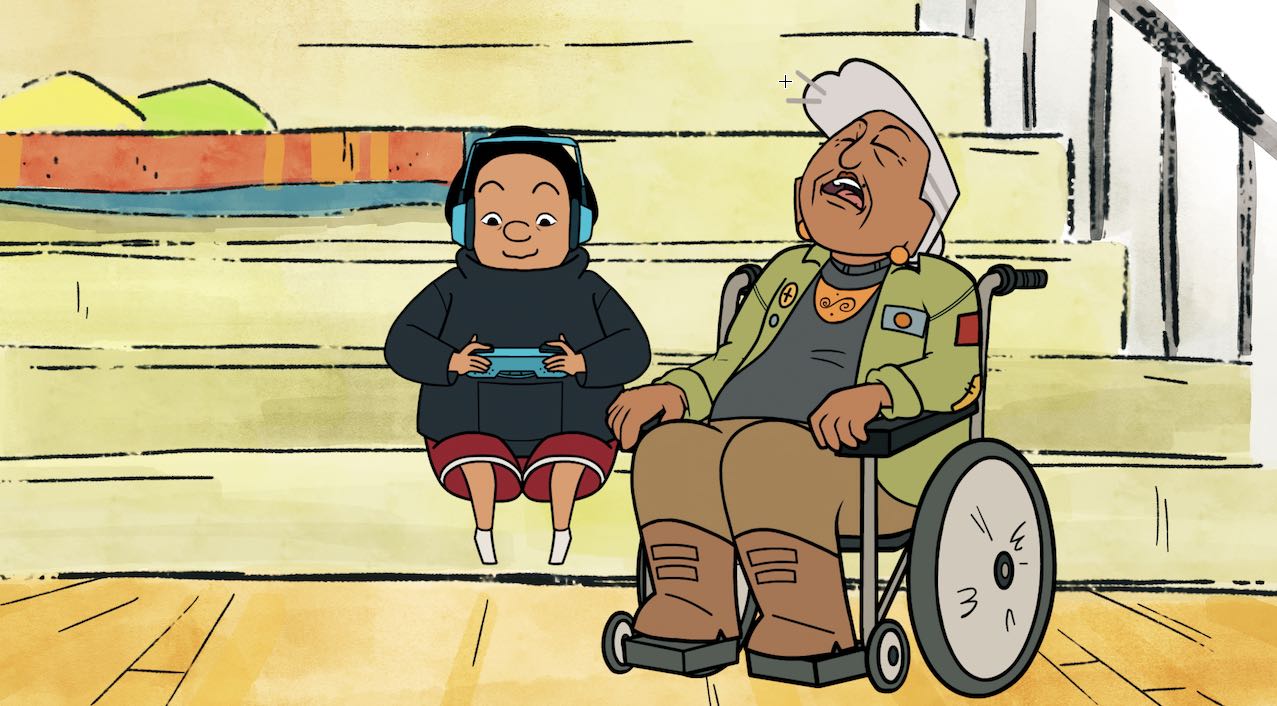(In Part 1 of this two-part series, we covered how an Adult TCK parent can handle the anticipation of sending a child off to college via the RAFT system. This part offers advice on how to handle oneself on the day of the send-off.)
The Day of the Send-Off
Keep calm and cry in the car on move-in day. Unless you have an expressionless-cry face that allows you to tear without the dramatic expressions or don’t mind people seeing your cry today, cry in the car before you step out and when you step back in. If you have any emotional words to say that you didn’t get a chance to say before you left the house, say them in the car, before the hustle and bustle of moving things in your young adult’s room. Chances are, however that you all will be too busy on this day to have time to be as emotional as you have been at home.
Try to save your emotions for when you are away from your young adult to lessen the possible emotional impact on them. They may seem emotionless today or can’t wait to break free. However, know there is much going on within them as well. They may be fighting tears themselves. It helps to have a companion or other family members during this send-off for emotional support and help ensure you are driving safely.
Get out of the way helpfully. Allow your young adult to focus on what they need to get done in the way that makes sense to them. There is most likely a part of them, even if it is small, that is trying hard to not succumb to the overwhelming mixture of sadness, excitement, fear and tremendous courage. Helping with practical things that won’t get in their way of taking charge of how to handle move-in day and the move-in week schedule can bring out your young adult’s personal self-determination. In turn, seeing your young adult’s sense of self-determination can help you as a parent have less concerns about their adjustment. If they make mistakes, it helps them make better choices.
Day one of being their own boss. Today is a day your young adult will need to be the boss while receiving your age-appropriate guidance. It’s a smoother drop from being a co-boss on move-in day to being the only boss after the family leaves for your young adult than being completely dependent on parents until the last minute. Allowing them to take ownership of their decisions and balancing the parental task of guiding your child will require you to be flexible today. Your young adult is most likely trying their best to be strong and brave.
Try to save your emotions for when you are away from your young adult to lessen the possible emotional impact on them.
It would be wise to still provide solid and well-timed guidance of important matters, such as making decisions that ensure personal safety and security, knowing the common traps that target college kids for money and practicing fiscally sustainable options for purchasing textbooks and supplies. However, as young adults, they will only need to be shown how to do such things so they can practice making these decisions themselves. In reality, your guidance as a parent will not really end, but will likely involve more and more respect.

Find your co-supervisor in your young adult. Certain things like billing and matters related to your child’s student account will still need to be supervised by you as a parent, but you can start to share that responsibility with your young adult. Your guidance will be teaching them how to supervise it themselves and as a co-supervisor, follow up on anything confusing or overwhelming while allowing them to be part of finding the solution.
The drive away: your young adult in your mirror is closer than they appear. For some parents, there may be an urge to follow your child like a parent peering around a corner to watch their child on the first day of preschool or kindergarten. The instinct to watch over our children never ends. However, rest assured that while the days of bonding and closeness during childhood become part of the past, that bond only transitions in type and is simply adjusting to make way for your young adult to grow.
How do you just leave the child you raised every day for almost two decades and just drive off? By knowing the bond will continue, just in a different way and letting go until this new stage of parenthood starts to feel like a different type of adventure with new challenges and rewards.

What to Expect When You Get Home
Some parents may feel a sense of emotional displacement when they get home. Eighteen or so years of default emotions that come with being parent of a growing child is a long time to live out day in and day out. Despite the rational knowledge your child will one day go to college, it doesn’t prepare you for the emotional process. The logical understanding of the college transition is intertwined but not concurrent with the emotional process.
Your young adult is most likely trying their best to be strong and brave.
The sense of emotional displacement can come from a series of “minus-one” sudden realizations in a parent’s thought processes and associated emotions, especially during regular daily routines. You may catch yourself sitting at work suddenly remembering you won’t need to prepare as much food for dinner. You may be driving on a street on a regular route and suddenly remember your child isn’t just several miles away, waiting at home. You may walk through the grocery aisle past your child’s favorite snack, feeling hollow. These can be excruciating moments of grief you didn’t expect. The “minus-one” sudden realizations land harder on our emotions than our intellect.
It will simply take time to live through reassigning different emotions to the various routines slowly, one by one, day by day. These emotions of grief can be so intense. Some parents may even wish the best years of raising their child(ren) would never end. However, just as we became our own adults, we parents have to think forward because it’s in the days ahead that we find a balm for the past that we miss so dearly.
Letting Your Love Cherish the Past While Meeting Your Child in the Present
If we move forward alongside our adult children, we get to watch them become who they will be to their friends, work colleagues and community, with fresh eyes that grow to respect and honor the journeys they are on, the joys they cherish, and recognitions they will have earned on their own right. The best part is: the adult person you grow to become proud of is the same little person you raised and it only adds to what you already cherish about them, never subtracts.
Just as you experienced a love so profound when you raised your child knowing one day you’ll let go, you only learn just how deep that love goes after you do.

















